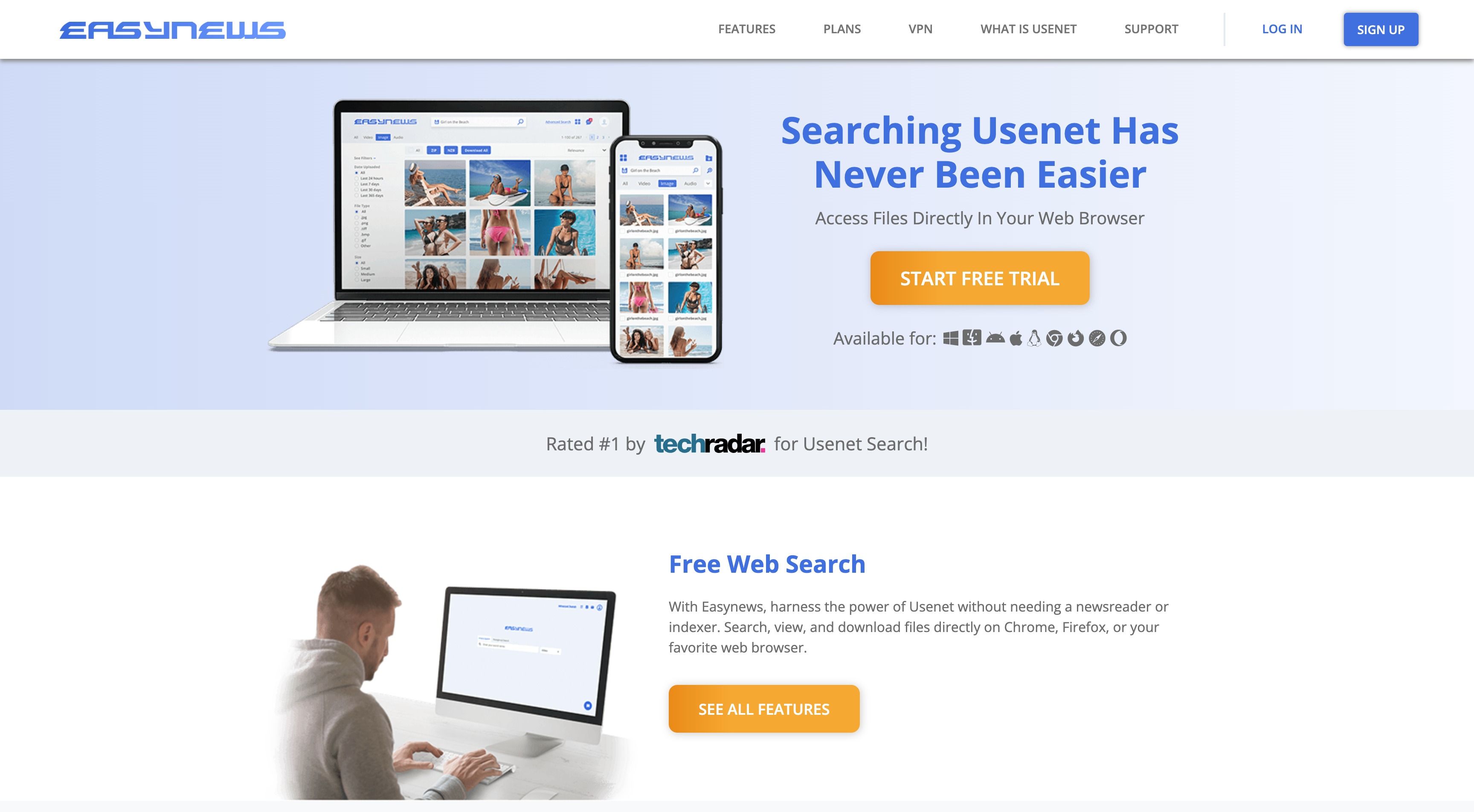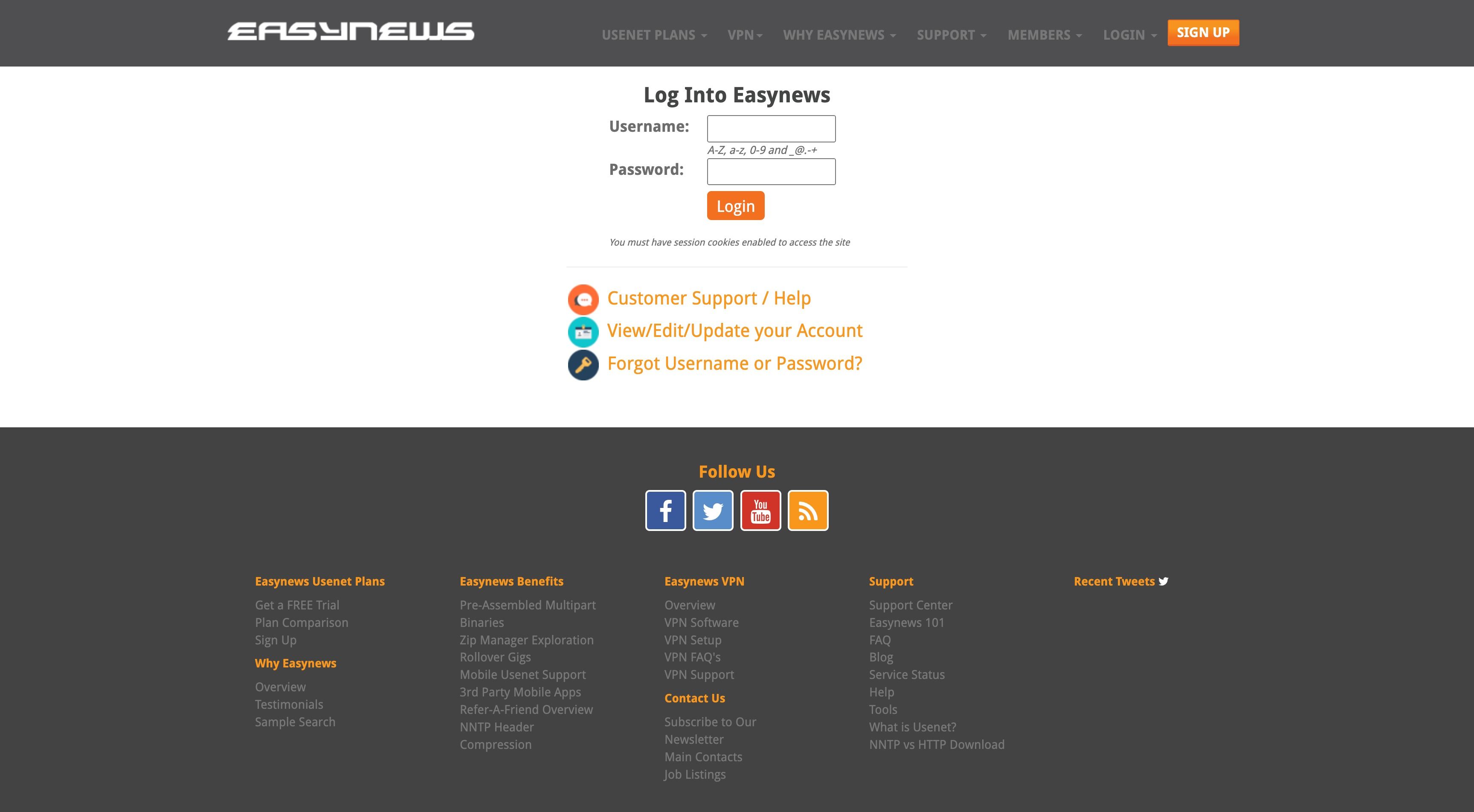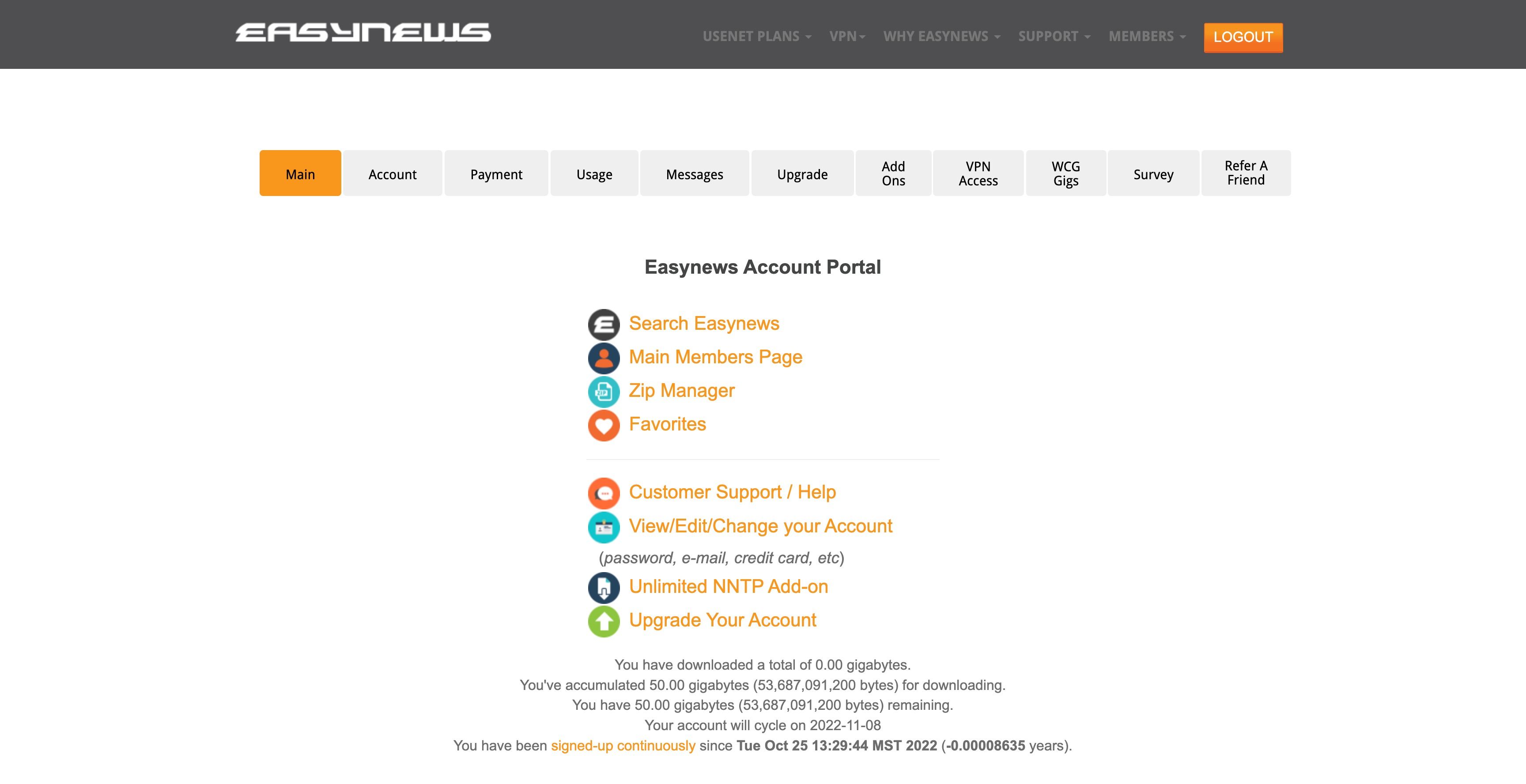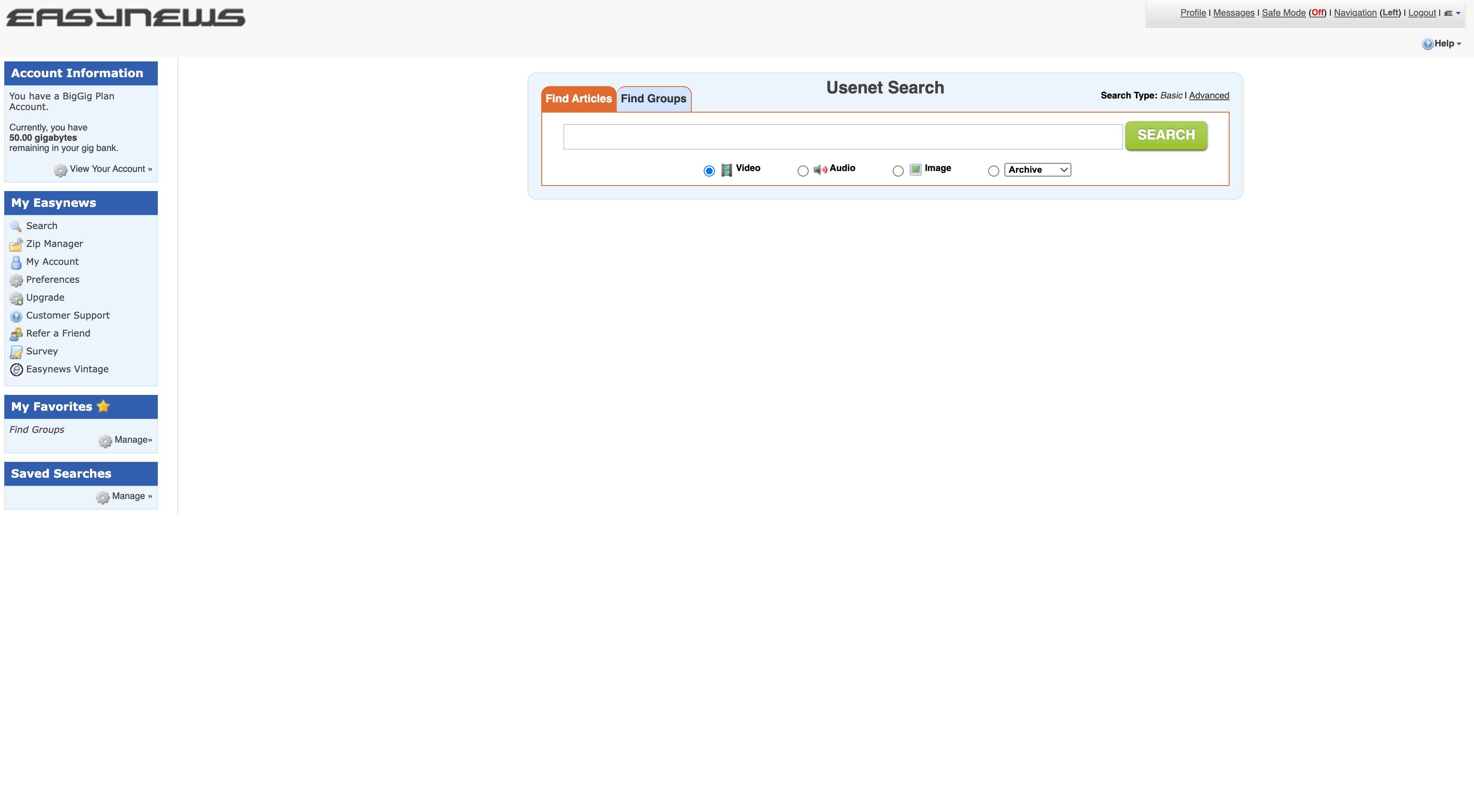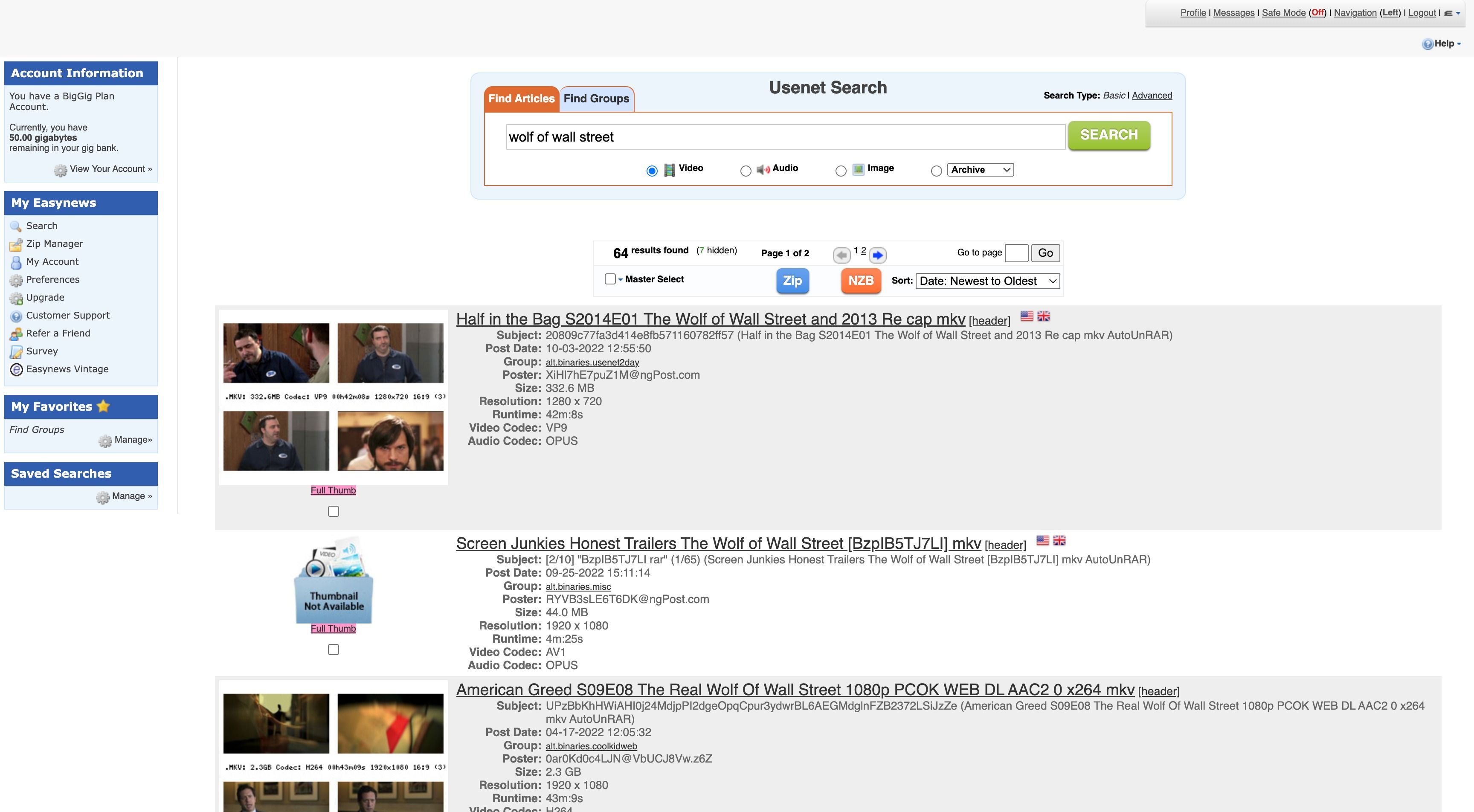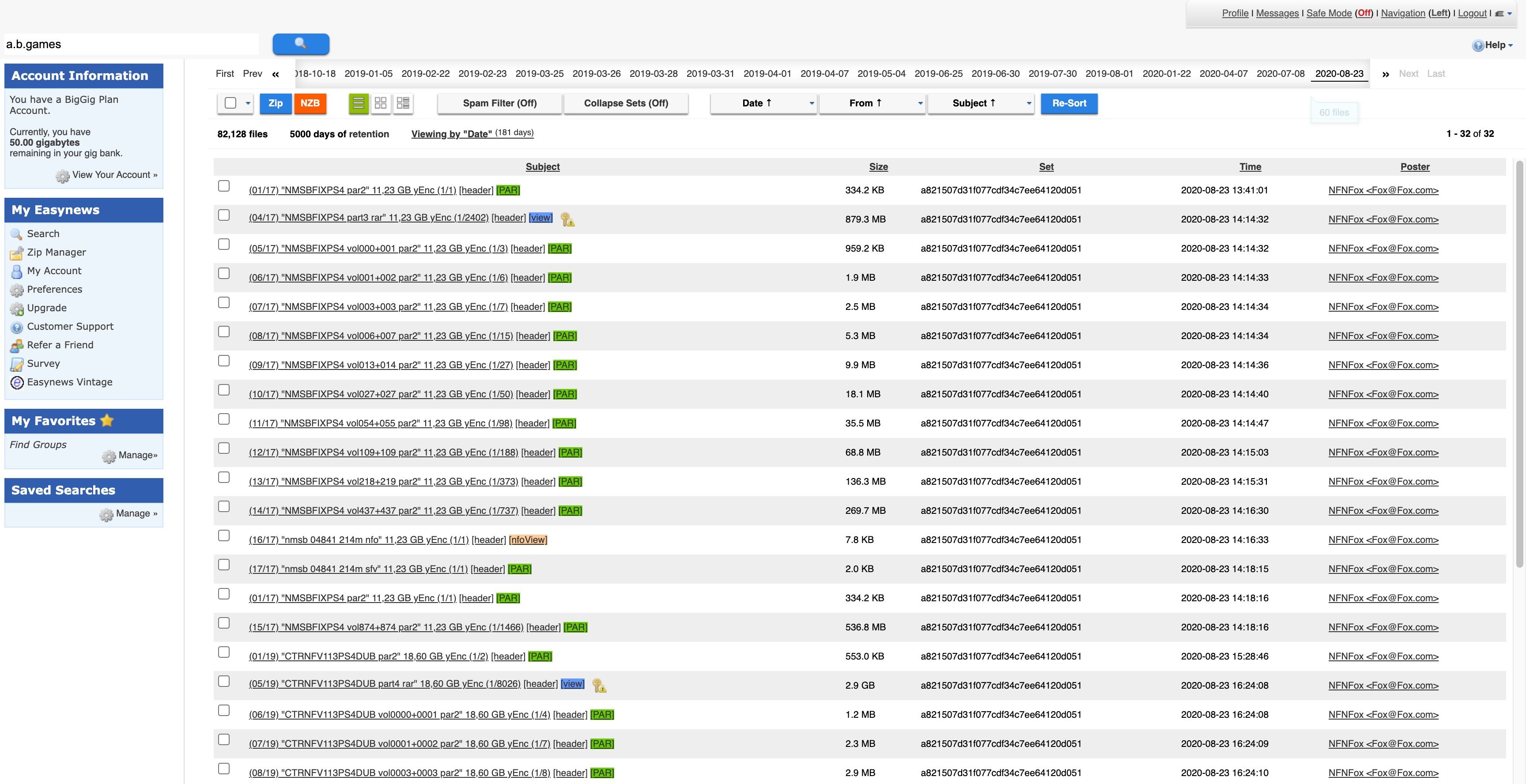Usenet has been around for a while; the first version was released in 1979 and was primarily used for transferring information. Also known as Unix Users Network, Usenet had the potential to be the modern internet as we know it.
Today, Usenet has evolved considerably and is used for very different purposes than originally intended. It's slowly decreasing in usership, but a dedicated community of users still use it. But many people today have never heard of Usenet and don't know about its role in internet history—it's time to change that now.
What Is Usenet?
Much like the modern internet today, Usenet was originally designed for one purpose: to transfer information from one point to another. At the time, ARPANET was the next-best alternative, though the US military controlled it.
Usenet was first put to use by three students, Tom Truscott, Jim Ellis, and Steve Bellovin. Ellis and Truscott transferred data using a couple of UNIX computers. They used the Unix to Unix Copy (UUCP) protocol, resulting in the first successful data exchange on Usenet.
Eventually, ARPANET would lay the foundation of the modern internet, as Usenet was considered too complicated for mass adoption. However, Usenet is still in use today, and it holds more than 30,000 petabytes of data, mainly articles, images, announcements, and emails.
The articles found on Usenet are classified into different categories, known as newsgroups. It's somewhat similar to conventional online discussion platforms like Reddit, with discussions appearing as threads.
However, the prime difference between conventional discussion platforms like Reddit and Usenet is that the latter gives you unrestricted access speeds, significantly improving the speed at which you can exchange data or download content.
Where conventional discussion platforms are hosted on servers that regulate loads, Usenet is spread over a distributed network of news servers. Currently, Usenet is mostly used for saving and sharing files, referred to as binaries.
Usenet was the precursor to the bulletin board system-style discussion forums you see on the internet. Some newsgroups are moderated, while unmoderated newsgroups comprise the majority of the network and are completely unchecked, offering users complete freedom to post what they want.
How Usenet Works
Usenet isn't a website that you can access. Instead, it's a standalone network that some may call an alternative to the web. To access Usenet, you need to use a newsreader such as EasyNews.
Most Usenet clients require you to purchase a paid plan before you can access the newsgroups or download the files. Newsreaders are like a web browser and search engine built into one, letting you browse through the files and read discussions in different newsgroups.
Newsgroup readers (referred to as newsreaders) are often available for a monthly subscription, and you can access them directly on your web browser now. For instance, Newsbin Pro is a popular choice. It's a simple newsreader client designed for Microsoft Windows that costs $30 a year.
There was a time when Internet Service Providers (ISPs) used to offer dedicated Usenet access, maintaining their own server infrastructure. However, as P2P applications like Napster and Kazaa became popular and server maintenance costs continued to increase, many ISPs stopped offering Usenet servers.
That's why you need to purchase access to a newsgroup reader to access Usenet. Once you get in and start browsing the content, you'll realize that most of the binaries (files) stored on the network are in a file format known as NZB (more on NZB files in a moment).
As the number of binaries grows, the costs of maintaining servers too. That's one of the reasons why it's just not financially feasible to maintain a Usenet server farm, especially considering the decreasing demand.
Since its inception, Usenet has undergone many changes, and it currently uses the Network News Transfer Protocol, or NNTP, to share files. For context, the modern web relies on HTTP for transferring information.
How to Access Usenet Through Your Browser
As mentioned above, you can access the Usenet with a client. Here's a step-by-step guide to accessing Usenet.
1. Get a Subscription and Log in to a Usenet Client
For this example, we're using Easynews. Once you subscribe, it'll show you your password and login details. Head to the EasyNews login page and sign in. Here's a shot of the member's area:
2. Search Usenet
You can now search Usenet once you log in. Like Google and other search engines, you'll have a simple dialog box to run search queries:
As you can see, you can search for images, audio files, videos, executables, and entire disk images. There's a lot of unmoderated, pirated content that you'll find on Usenet, which remains illegal to download despite its ease of access.
3. Browse Usenet Groups
A big part of Usenet is online discussion groups. You can search for groups using keywords as you normally search for anything online. For instance, here's a screenshot from one of the gaming newsgroups showing a bunch of releases available for download:
Depending on the plan you purchase, you'll have a limited volume of data available. If you run out, you'll need to buy more. More importantly, you should know that downloading copyrighted content is piracy, and we do not condone it.
Also note that other Usenext newsreaders may handle and look different from the above images, but this gives you an idea of what to expect when you sign up to Usenext.
What Are NZB Files?
During the late 1990s, a British Usenet indexing site known as Newzbin created a Usenet search engine, allowing people to search for and download files. Common categories included movies, music, or apps.
Each file was downloaded using the proprietary NZB format, equivalent to a conventional torrent file on Usenet. Like a torrent magnet link, NZB files point to specific files stored on Usenet, letting users initiate a download instead of having to sift through servers and find what they need manually.
However, Newzbin was accused by several major production companies of copyright infringement, mainly because it didn't take any steps to prevent access to copyright material. As a result, major internet providers blocked access to Newzbin, and in 2012, after a protracted period of litigation, it was shut down.
NZB files are XML (Extensible Markup Language) based files. They are essentially plain text files, viewable through a word processing tool like Notepad.
The conventional method of downloading Usenet files is tedious; each binary is downloaded like a general message, starting from the header. However, like torrent files, NZB files break up the binaries into smaller messages, which can be downloaded separately and compiled after download.
It wasn't long before the NZB file format became popular, to the point where standard newsgroup readers began offering dedicated support. Thus, users could download NZB files through a newsreader, which would automatically assemble the binary without requiring any kind of effort, such as copying or pasting different files.
Many consider Usenet and NZB files to be the best way to share files simply because it's so fast. However, given the tools you need and the software required to work properly, Usenet is still very much a specialized service.
Is Usenet Safe?
Like the internet, there are malicious actors on Usenet too. Many Usenet providers take steps to filter out any harmful or malicious content too. However, by comparison, Usenet is generally safer than the web, mainly because fewer people use it.
There's no peer-to-peer file sharing, and as mentioned, files are broken into smaller parts, downloaded from decentralized servers, and then put back together. Because many Usenet providers log IP addresses, most privacy-minded users prefer connecting with a VPN to keep their identity hidden on Usenet.
Usenet Has a Dedicated Group of Passionate Users
For a platform older than the internet itself, it's pretty amazing that Usenet has continued to evolve as new technologies have been introduced. The amount of data on Usenet continues to grow steadily, and even though its use is highly limited, many still use it to share files and communicate.
The only issue is that a lot of the content on Usenet is copyrighted material, so it's important not to engage in piracy when using it. However, if you simply wanted to try out an alternative to the conventional internet and the World Wide Web, Usenet might be worth checking out!


